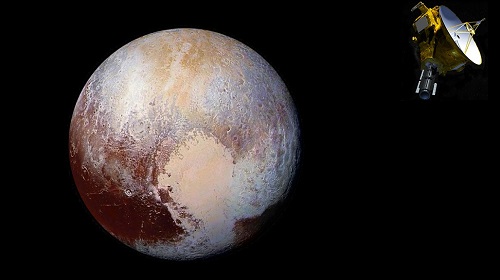
In an article titled How You Can Equip to Fight The Spiritual Culture War, an author I have a lot or respect for – Tom Gilson – has some advice for the church. Not only do I have a lot of respect for Tom, but I also like his mission. In another article he states he’s “leading another project specifically geared toward building churches’ spiritual readiness.” Tom is usually right on the money, but he does have a blind spot or two, which is why I chime in on his articles – in hopes that in being a bit of a gadfly like Erasmus, I might nudge him in the right direction.
So back to the topic at hand – which is a prediction meant to motivate people as did Jonah’s preaching of – “Forty more days and Nineveh will be overturned.” (Jon 3.4) motivated the Ninevites. Tom is trying to motivate God’s people – Christians – to prepare to deal with the inevitable increasing hostilities we will face as American culture becomes increasingly bold in manifesting its rejection of God’s intent and design for gender and sexuality. Tom’s recommendation: be willing to make two sacrifices: Continue Reading

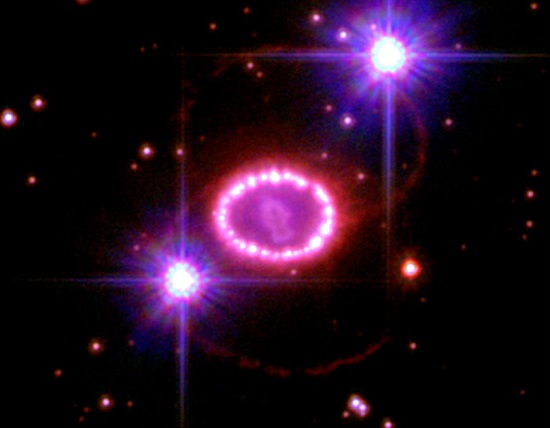
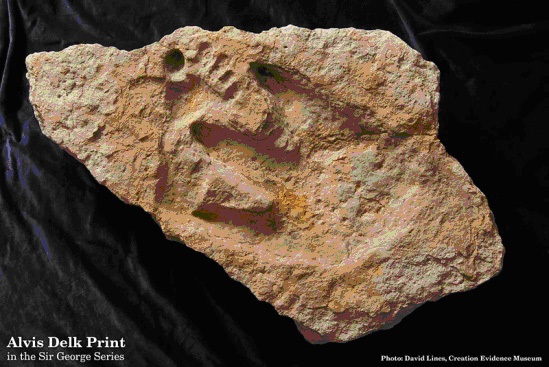
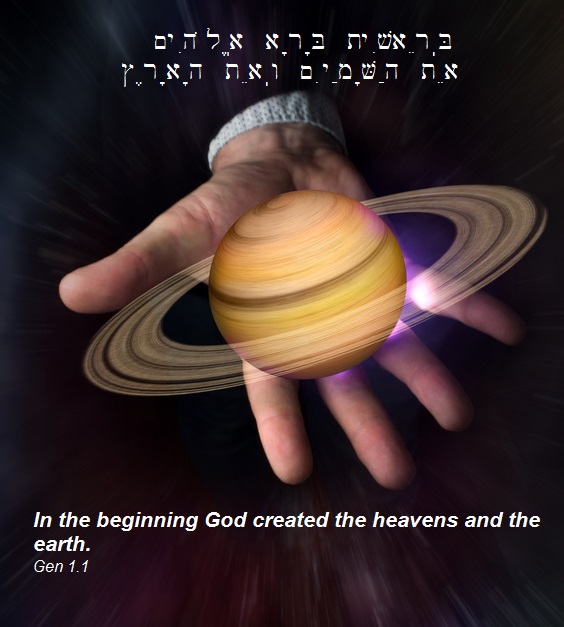

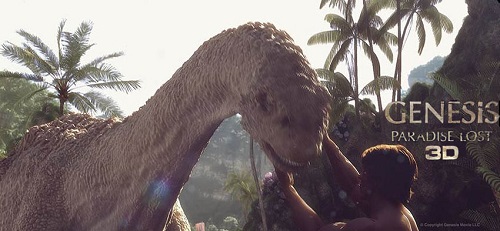
_550.jpg)


